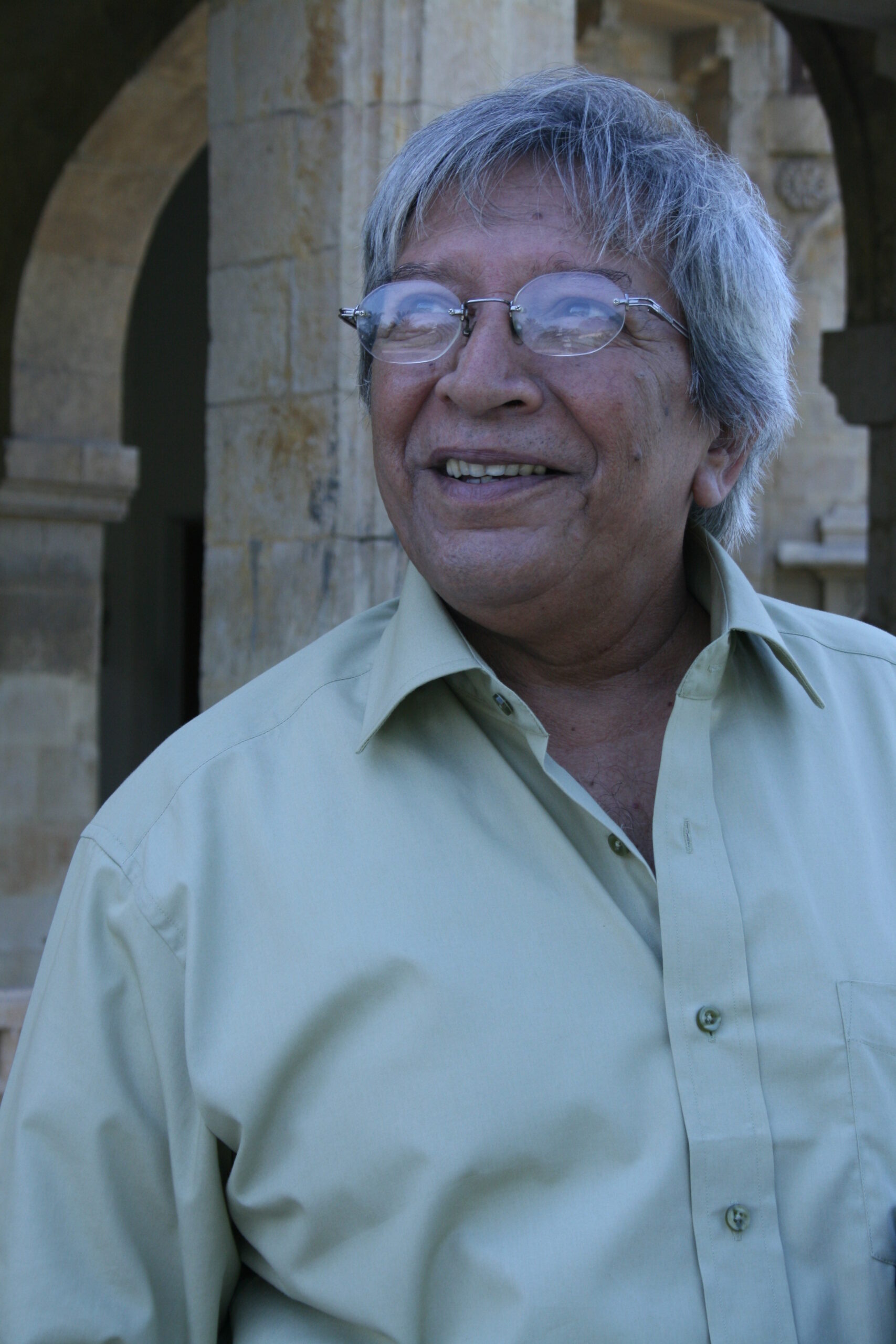obituary
Talat Hussain – End of an Era

By Shazia Anwar
“Although I am grateful to be an actor, I will always remember that my mother had hoped for a different path for me.” This was stated by Talat Hussain during our encounter some fifteen years ago.
Talat Hussain, a prominent figure in the world of media is no more, creating a void in the world of acting. He was a blend of spontaneity, tact and refinement, maintaining an aura of politeness when engaging with others and was celebrated for his passionate contributions to drama, film, radio and theatre.
The news of Talat Hussain’s passing away was saddening. Though his declining health had prepared people for this eventuality, his demise nonetheless was deeply painful that left the entire industry in a state of mourning.
Born on September 18, 1940 in Delhi, Talat Hussain devoted over five decades to the arts, dedicating the majority of his life to acting and the world of creative expression. The 1970s marked the beginning of his rise to fame, leaving a mark on both the silver screen and the stage. Some of his notable contributions to TV included his acting works such as ‘Bandish,’ ‘Dervish,’ ‘Caravan,’ ‘A Little Joy, Little Sadness,’ ‘The Typist,’ ‘Insan Aur Admi,’ among others. His films were ‘Ishara,’ ‘Mohabbat Mar Nahi Sakti,’ ‘Actor-in-Law’ and ‘Project Ghazi.’ He also appeared in the Indian film ‘Sutan Ki Beti’ and made a guest appearance in the 1998 film ‘Jinnah.’ He was also a faculty member at the National Academy of Performing Arts (NAPA).
Known for his kindness and humility, Talat Hussain warmly engaged with everyone and supported junior artists, helping them in improving their roles.
In 2006, he won the Amanda Award for Best Supporting Actor in the Norwegian film ‘Import Export’ (2005). He was also a recipient of the Lux Style Award 2006 for ‘Yeh Bhi Kisi Ki Bayti Hai,’ the Lux Style Award 2009 for ‘Kabhi Aaye Na Judai’ and later, Sitara-e-Imtiaz Award in 2021.

Talat Hussain’s acting journey was not an easy one, fraught with his fair share of struggles. At the onset of his career, he held the position of a cinema gatekeeper, later transitioning to a gate booking clerk after the cinema owner recognized his proficiency in English, marking the first step in his professional journey and later morphing into a brilliant actor.
Talat Hussain’s exceptional dialogue delivery, body language and romantic acting captivated audiences, and he was dubbed as the “Dilip Kumar” of Pakistan Television. He understood the distinct demands of radio, TV and film, emphasizing that while radio relied solely on dialogue, TV and film required expressive body language.
Known for his kindness and humility, Talat Hussain warmly engaged with everyone and supported junior artists, helping them in improving their roles. Despite his openness, he always maintained a respectful distance.
In 2012, the actor suffered a sudden illness leading to ongoing health problems. Rumours of his death did circulate weeks before his passing away, with his family denying it. However, he passed away on May 26 at the age of 83, leaving behind two daughters and a son.
Talat Hussain’s name will be etched in golden letters in the history of Pakistani film and television. Though he is no more, his work will continue to resonate in the arts and media industry.
